“Enough about me! What do you think about me?”
****************
If you have the tendency to make every conversation about you, you might be a “conversational narcissist” and not even be aware. Fortunately, I’m becoming increasingly aware of my own “c.n.” tendencies. I’m not always the listener that I pretend to be with others. But, I’m working on it! How about you?
The term “conversational narcissist” was coined by sociologist Charles Derber and describes the trait of consistently turning a conversation back to yourself. A balanced conversation involves both sides but conversational narcissists tend to keep the focus on themselves. The tendency is so habitual, that they don’t even notice (or care) when the listener tunes them out or rolls their eyes.
Most likely you’ve had this experience at times. It’s also likely that you’ve done this as well, but weren’t aware you were doing it. In Derber’s book, The Pursuit of Attention, he reports on researchers observing how conversationalists competed for attention. He describes conversational narcissism as “the key manifestation of the attention-getting psychology in America.” And, he claims that “it occurs in informal conversations among friends, family, and co-workers!”
Do you know any conversational narcissists?
You most likely have at least a few people in your life who seem to talk about themselves ad nauseum, showing little curiosity about what you have to offer. Ever. They have an exaggerated sense of self-importance coupled with constant craving for attention and affirmation. Does anyone particular come to mind?
Conversational narcissists enjoy hearing themselves talk. It doesn’t matter if you talk about your greatest feat or greatest fear, it always comes back to them. Somehow, they always circle back to their story. They don’t intend to be rude. But, they blindly seem to get caught up in their own dramas.
Erich Fromm writes in The Art of Being – “Narcissism is an orientation in which all one’s interest and passion are directed to one’s own person: one’s body, mind, feelings, interests. For the narcissistic person, only he and what concerns him are fully real; what is outside, what concerns others, is real only in a superficial sense of perception… He is the world.”
Maybe they just lack EQ (Emotional Intelligence). Or, maybe they simply don’t care or have much curiosity about you even though they might politely pretend to be listening to you. After all, they wouldn’t want to be seen as totally self-absorbed.
Who me?
Here are three signs that you might have some conversational narcissist tendencies:
You always seem to have a “better” story! Whatever they have done, you have done better. Too nice to tell you the truth, they might just avoid you altogether.
You try to relate their story to something in your life! You wait for your opening to jump in and steal their thunder, bringing the conversation back to where it rightly belongs – on you!
You don’t think people have much of interest to share. But, the truth is that you really just never let them! If you’re often leaving conversations thinking that others are boring, there’s a distinct probability that you just didn’t give them the space to get more than ten words in edgewise.
Are you interested or interesting?
Here’s a simple example of conversational narcissism:
Tom: “I didn’t get any sleep last night!”
Richard: “Really? I slept great! Have you considered getting a Select Comfort mattress? It’s really great… (“blah, blah, blah…”)
A conversational narcissist can quickly throw cold water on a conversation simply by not asking questions. Questions like: “Tom, were you worrying about something?” “Tell me more.” “What else is keeping you awake at night?” It’s fine to share things about yourself. But, the “golden rule” is simply to not jump in too early with your story.
You might genuinely feel that you’re interested. But, often the reality is that you were more interested in being interesting. And, most likely, you were really only catching keywords as you were thinking up your next line. In the meantime, you use filler words like: “Really?” “Oh, yeah!” “Uh-huh!” “Hmmm” “That’s interesting” or, “I get it!”
My story, Your story.
According to Derber, a healthy conversation is one where there’s a natural back-and-forth flow of ideas. It’s like a game of table tennis (ping pong), where the rhythm is steady with some pauses between points. Each player must contribute to keeping the ball in play.
In a healthy conversation, it would be a rhythm of “my story, your story.” If you keep pounding the ball for winners, it can throw the whole game off. A healthy conversation is cooperative, not competitive.
When I was in graduate school in counseling psychology, I memorized Carl Rogers #1 rule: “It’s the relationship itself that heals.” A counselor and a client must be in psychological contact. We must “be someone with” rather than “do something to” our client. Roger’s rule remains as relevant to me today as when it helped to shape the humanistic movement in psychology that he inspired back then.
Personally, I need to constantly remind myself that it isn’t my job to entertain people. I’m not their counselor. A great conversation isn’t the same as a speech or a lecture. It’s my job to both share and listen. And, I don’t want to miss the listening part!
Strategies for success.
So, what can you do to change the conversation? Here are three practices that I’m personally working on:
You can’t change them! So, give up trying, now! Silence is golden. Conversational narcissists don’t like silence. So, become more comfortable with “waiting.” Fran Leibowitz says, “The opposite of talking is not listening. The opposite of talking is waiting.” How true for me. Here’s how I try “to wait.” I center myself by taking three deep breaths and then stay focused on my breathing (while maintaining eye contact).
Don’t expect too much! Set a time limit and end the conversation at that precise time, no matter what! Practice saying “No.” No is a complete sentence. Master the decline by not offering support statements! Just smile and enjoy lunch!
Become a conversational narcissist yourself! Really. Flip the conversation by asking this question: “Are you open to an assessment?” This usually stops people cold and opens the door for you to step in with your response, story, or point-of-view. It changes the game.
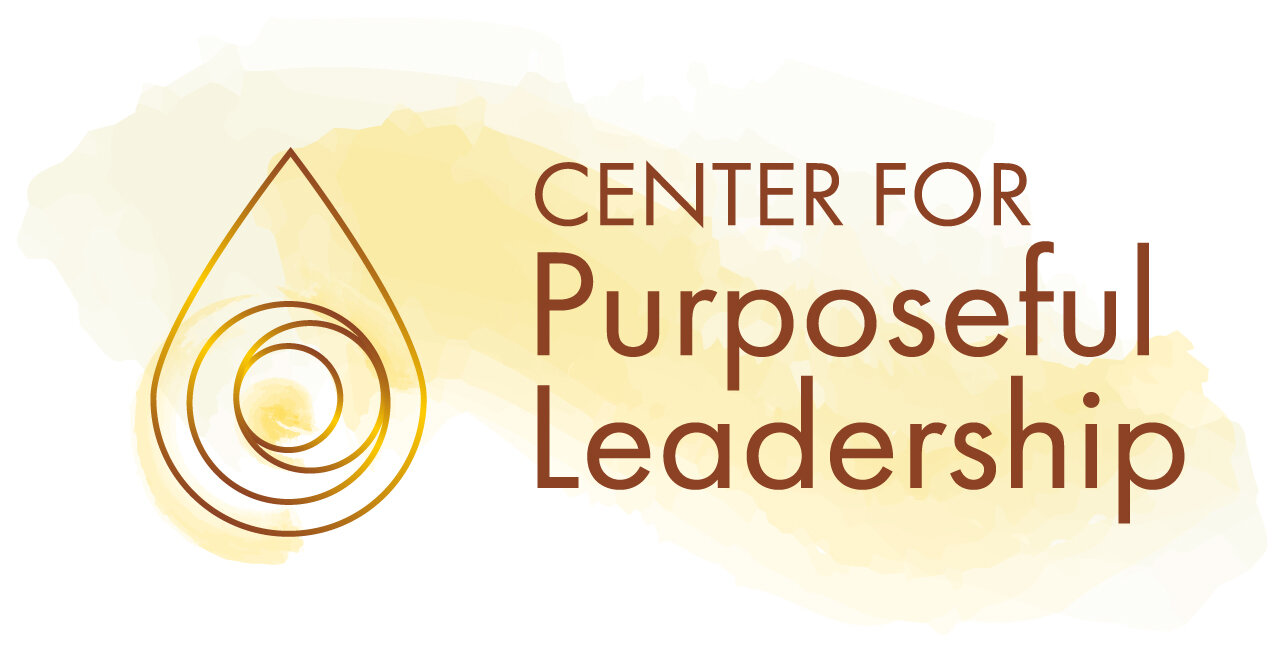





















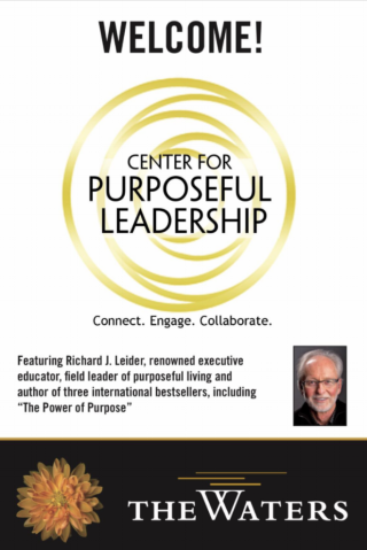



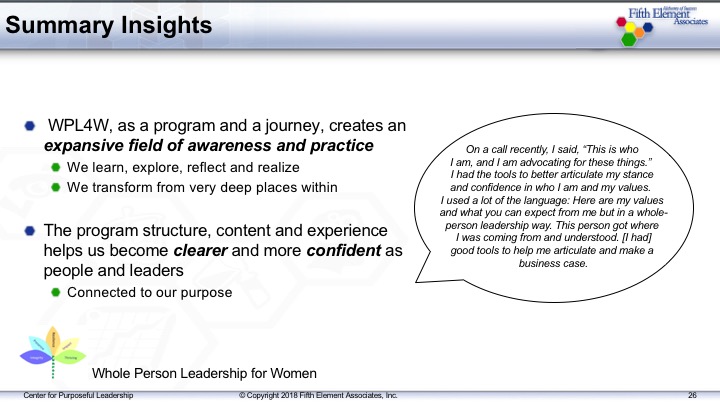









![[Hearth] Voices from Ukraine: Part 2](https://images.squarespace-cdn.com/content/v1/58a4e3be9de4bb98b066fd6f/1647955546471-VUGA4FCGFEUYJ29TEQVA/sunforest-mix-sunflower-types-1586794598.jpeg)

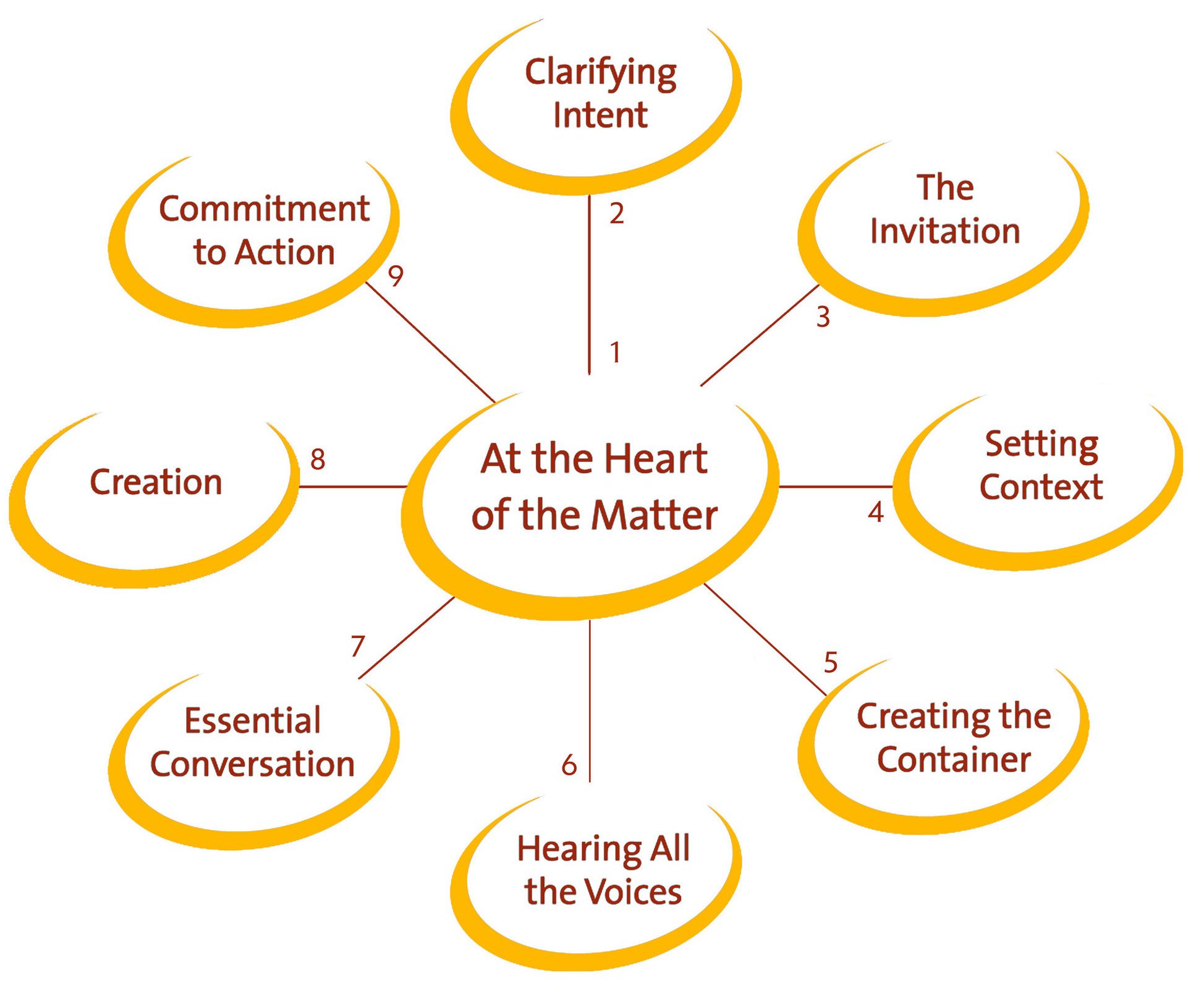

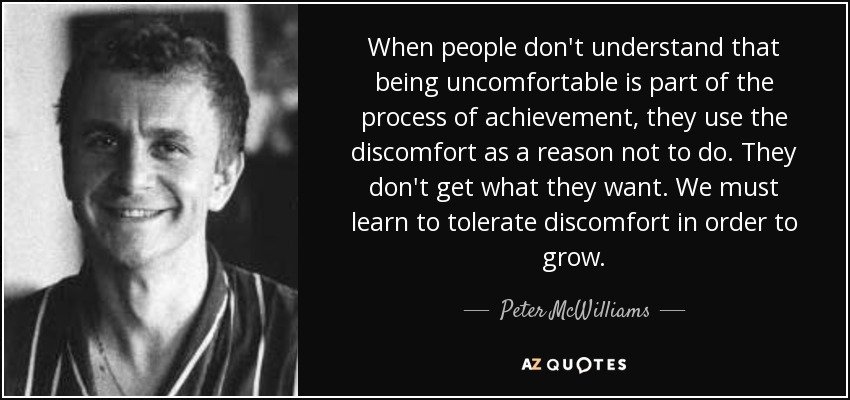

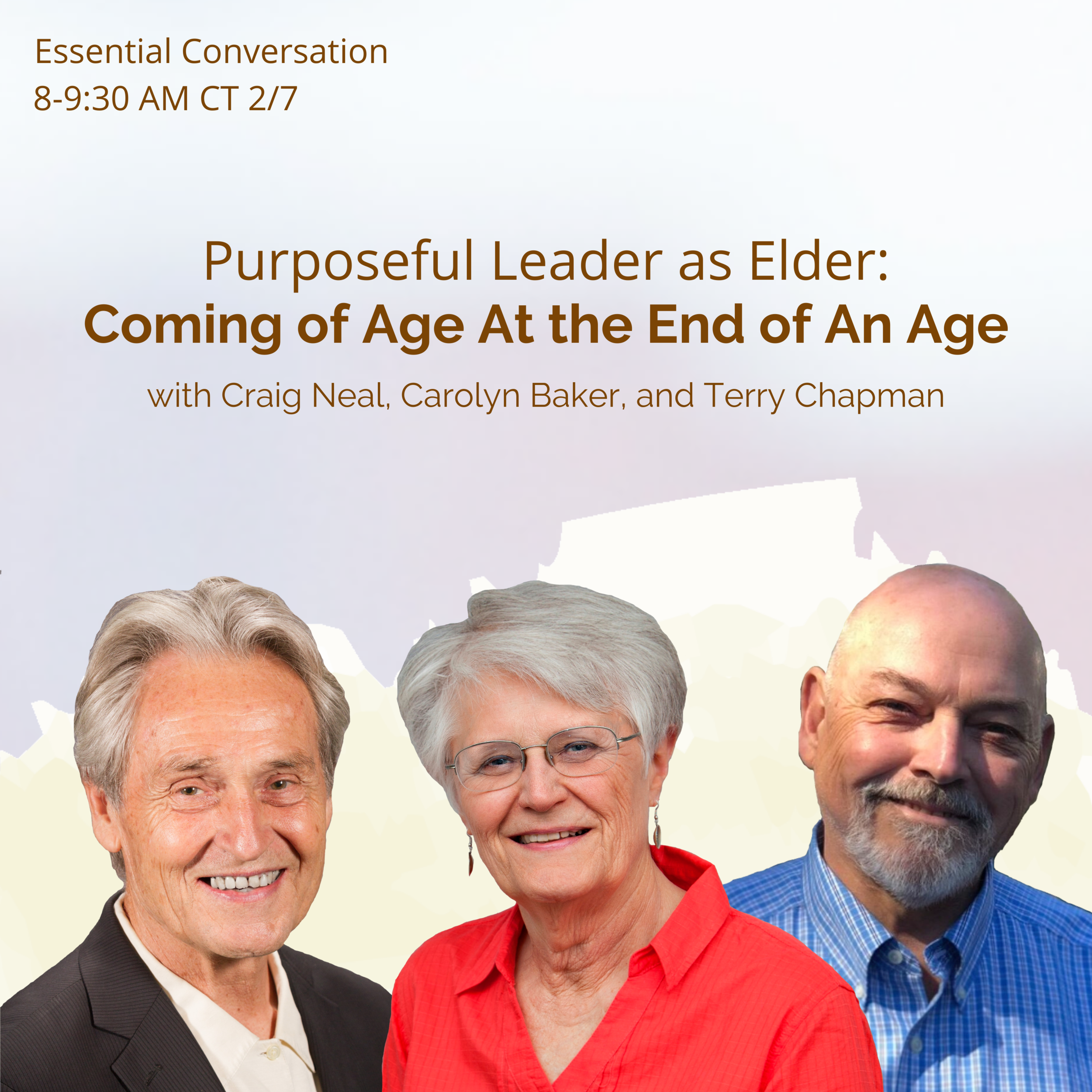




…this idea of worthiness, that struggle we go through as a nation, happens all the time.
Edward Dugger III, president of Reinventure Capital and an early pioneer in impact investing, explores the intersection between the venture capital community and racial equity.